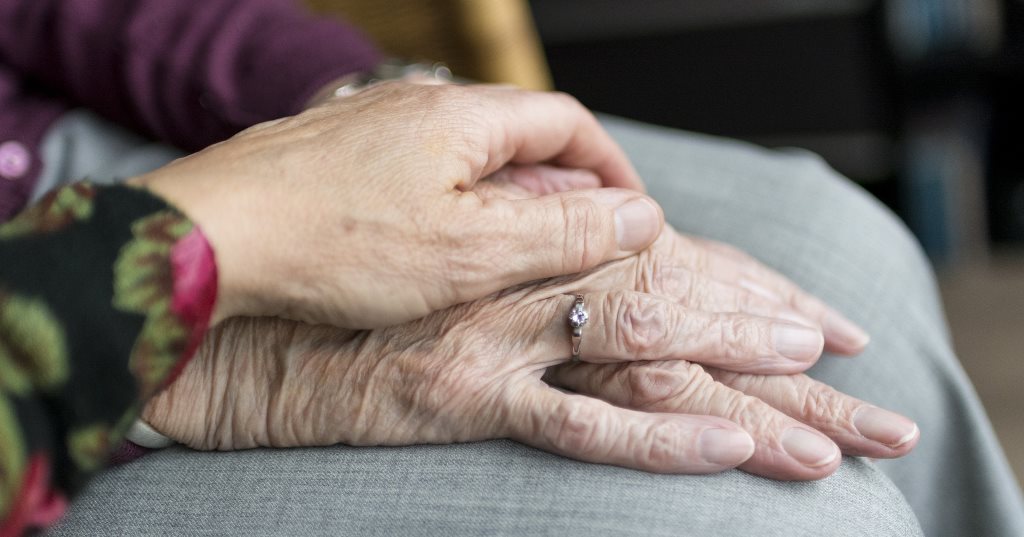We all know that we should write a will and most people will have already planned how their affairs should be dealt with following their death. Fewer people however will have considered implementing a Lasting Power of Attorney.
What is a Lasting Power of Attorney?
A lasting power of attorney (LPA) is a legal document that allows you to grant authority to a trusted person(s) to make specific decisions on your behalf in the event you lose the capacity to do so for yourself.
According to the Alzheimer’s Society, by 2025 more than 1 million people in the UK will have dementia. Current statistics show that one in five people over the age of 85 are already suffers which makes handling financial affairs and making sound decisions virtually impossible. Lasting powers of attorney are not just something the elderly population should consider. Mental and physical incapacity can hit at any time through illness or accident so it is important to have your affairs in order.
A lasting power of attorney gives you the ability to choose:
- the decisions you want to be made on your behalf if you lose capacity to make them yourself;
- the people you want to make these decisions; and
- how you want those people to make these decisions.
There are two types of LPA:
- LPA for financial decisions
This can be used while someone still has mental capacity. An attorney can generally make decisions on things such as:
- buying and selling property
- paying the mortgage
- investing money
- paying bills
- arranging repairs to property
- collecting benefits or a pension
If you’re setting up an LPA for financial decisions, your attorney must keep accounts and make sure their money is kept separate from your money. This offers you an extra layer of protection as you are able to oversee matters. If you subsequently lose mental capacity, these details can be sent to your solicitor or a family member who can continue to monitor.
- LPA for health and welfare decisions
This covers decisions about healthcare as well as personal welfare and can only be used once a person has lost mental capacity. An attorney can generally make decisions about things such as:
- where you should live
- your medical care
- what you should eat
- who you should have contact with
- what kind of social activities you should take part in
- life-sustaining treatment
You can make one or both types of LPA however they will both need to be registered separately.
When is a lasting power of attorney valid?
An LPA will only be valid if you have:
- the mental capacity to set it up; and
- you have not been put under any pressure to create it.
The LPA must be registered with the Office of the Public Guardian (OPG) before it can be used which can take up to 10 weeks. This can be done by you while you’re still capable or your attorney at any time before they need to use it.
The people involved in making your LPA
The Attorney(s)
Anyone can be an attorney provided they are over 18, not bankrupt and are willing to take on the role. When deciding upon an attorney you may wish to consider how well they look after their own affairs and how well you know them. As you will be giving them extensive power to make decisions about your life this person must also be someone that you are able to trust. It is their duty to make all decisions in your best interests and they must follow certain principles outlined in the Mental Capacity Act 2005. You can appoint more than one attorney however you will need to decide whether they will make decision jointly or jointly and severally.
Named Person(s)
You may choose who you would like to be notified when an application is made to register your LPA. You may choose up to five named persons however we recommend that you have at least two. Their role is to safeguard against the improper use of the LPA. These people will have the right to object to the registration of the LPA if they have concerns over it or over the identity of your Attorney(s) or their intentions. If you do not choose any named persons, the LPA must include two LPA certificates.
Certificate Provider
In order to further protect your interests, a Lasting Power of Attorney must also be signed by a certificate provider who will certify that you understand the LPA, have the mental capacity to create the LPA and have not been pressurised into signing it. The certificate provider must be formally told that you are setting up an LPA and given the opportunity to raise any concerns. You can choose close friends or relatives however they cannot also be the attorney.
At Backhouse Solicitors our specialist practitioners will explain how Lasting Powers of Attorney can help you and best be used to support your circumstances. We can draft them in accordance with your wishes and if necessary can act as an Attorney when no other suitable person is available.
If you’re considering making a power of attorney and would like further advice or guidance please contact our team today for a FREE 30 minute consultation.
The Backhouse Solicitors Team
Tel: 01245 893400
Email: info@backhouse-solicitors.co.uk
Web: www.backhouse-solicitors.co.uk






